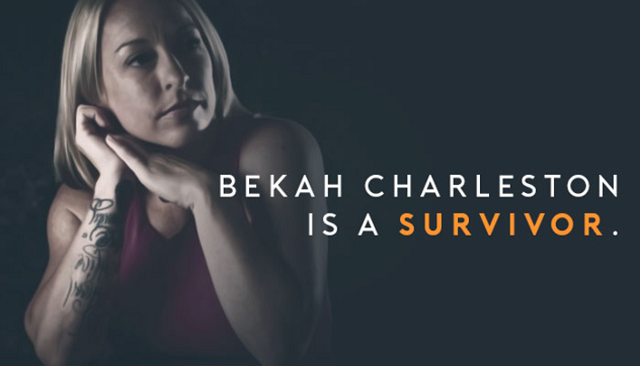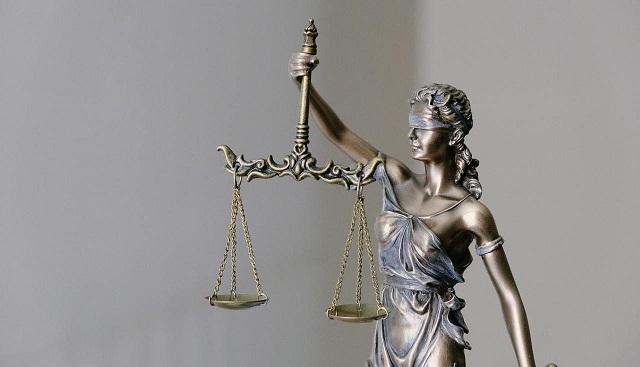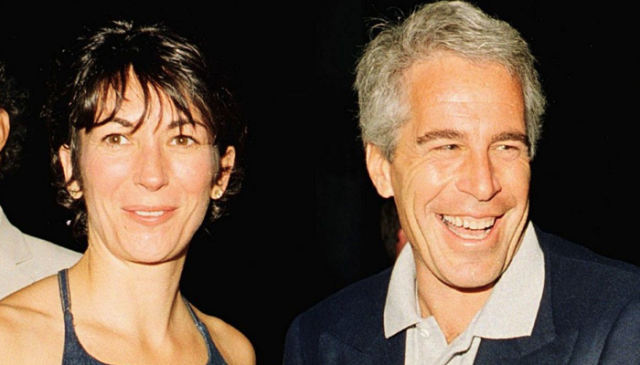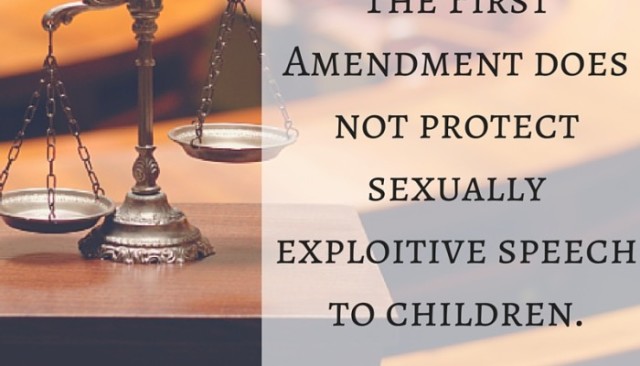Texas AG Sues Pornhub for Failing to Verify Age of Users

Texas’s attorney general has filed a lawsuit against pornographic website Pornhub for failing to obey state law requiring pornography websites to confirm the age of users before granting access to their sites. Experts welcomed the news as a step toward protecting minors from sexual exploitation.
Last year, Texas enacted House Bill 1181 into law, which requires pornography sites to verify that a user is 18 or older before allowing access to the site. The lawsuit against Pornhub, filed by Texas Attorney General Ken Paxton (R), alleges that Aylo Global Entertainment, the parent company of Pornhub, is liable for up to $1.6 million “plus $10,000 a day from September of last year to the date of the lawsuit.”
“Instead of abiding by Texas law requiring purveyors of obscene sexual material to institute age verification systems, the company immediately presents minors who access their websites with pornographic content,” Paxton stated in a press release. “I look forward to holding any company accountable that violates our age verification laws intended to prevent minors from being exposed to harmful, obscene material on the internet.”
Texas is one of eight states to enact laws requiring porn sites to verify the age of their users in recent years. The other states with age verification laws include Arkansas, Louisiana, Mississippi, Montana, North Carolina, Utah, and Virginia.
Pornhub, one of the most visited porn sites in the world, has been embroiled in a series of lawsuits in recent years. Two class action lawsuits have been certified against the company for profiting from child sexual abuse material and sex trafficking. Pornhub is also the target of a lawsuit on behalf of nine women who were secretly filmed while changing in a locker room in which the footage ended up on the site. As of 2023, Pornhub is the defendant in at least 10 lawsuits involving 256 alleged victims.
In a 2020 New York Times exposé, columnist Nicholas Kristof described how Pornhub is “infested with rape videos. It monetizes child rapes, revenge pornography, spy cam videos of women showering, racist and misogynist content, and footage of women being asphyxiated in plastic bags.”
In comments to The Washington Stand, Benjamin Bull, general counsel at the National Center on Sexual Exploitation, confirmed Pornhub’s penchant for allowing illegal material to fester on the site for monetary gain.
“From our own litigation and investigation, Pornhub is a criminal sex trafficking enterprise pretending to be a legitimate business,” he remarked. “It’s about time state law enforcement required them to comply with a common-sense law that protects children from sexual abuse and harm.”
Mary Szoch, director of the Center for Human Dignity at Family Research Council, expressed hope that Texas’s lawsuit will cause the pornographic site to reconsider its exploitive practices.
“Pornhub doesn’t take the exploitation of anyone seriously,” she told TWS. “They don’t care about the women and men whose lives are ruined when they are trafficked and forced to create pornography. They don’t care about the men and women whose brains are literally deteriorating because of pornography addiction. They don’t care about the relationships and marriages ruined because of pornography. And they don’t care about children who will be caught up in pornography addiction and never able to live freely because of it. All Pornhub cares about is increasing profits and spreading their evil filth everywhere. So maybe, Pornhub will care about the over $3.5 million they will owe the people of Texas.”
Szoch continued, “AG Paxton and the people of Texas should be commended for holding Pornhub accountable, and they should continue going after Pornhub until it is completely shut down. There is nothing good about pornography. Nine out of 10 boys and six out of 10 girls are exposed to pornography before the age of 18. This evil drug robs people of their ability to love. It must be stopped.”
AUTHOR
Dan Hart
Dan Hart is senior editor at The Washington Stand.
POST ON X:
BREAKING NOW: ⚠️ Missouri Attorney General Andrew Bailey files lawsuit against Planned Parenthood Great Plains for TRAFFICKING MINORS OUT OF STATE to obtain abortions without parental consent following BOMBSHELL Project Veritas Investigation..
DEVELOPING..
It is against the law… pic.twitter.com/3a1yEqAkk4
— Chuck Callesto (@ChuckCallesto) February 29, 2024
EDITORS NOTE: This Washington Stand column is republished with permission. All rights reserved. ©2024 Family Research Council.
The Washington Stand is Family Research Council’s outlet for news and commentary from a biblical worldview. The Washington Stand is based in Washington, D.C. and is published by FRC, whose mission is to advance faith, family, and freedom in public policy and the culture from a biblical worldview. We invite you to stand with us by partnering with FRC.





 but there is still much left unaddressed and technology has changed faster than laws have been updated. Most States have laws against online solicitation of minors. And most States have laws against exposing oneself to a minor in person or selling minors obscene or indecent materials. But what if an adult uses a webcam to expose himself/herself to minor online? Or what if he/she describes in graphic detail sexual encounters, or sexual acts he/she would like to perform on the child he/she is speaking to via online messaging? And even more disturbing, what if the adult instructs the child to touch themselves sexually, directing and commanding their movements? These are real examples of the activities which have been prosecuted under this Georgia statute. And without this statute such activity would considered legal. This activity does not fall under other statutes aimed at prohibiting child abuse and exploitation. But because these actions, which amount to cybersex, and sometimes even remote child molestation, are occurring via Internet chat there is a real possibility that it could be given a pass under the guise of First Amendment freedom.
but there is still much left unaddressed and technology has changed faster than laws have been updated. Most States have laws against online solicitation of minors. And most States have laws against exposing oneself to a minor in person or selling minors obscene or indecent materials. But what if an adult uses a webcam to expose himself/herself to minor online? Or what if he/she describes in graphic detail sexual encounters, or sexual acts he/she would like to perform on the child he/she is speaking to via online messaging? And even more disturbing, what if the adult instructs the child to touch themselves sexually, directing and commanding their movements? These are real examples of the activities which have been prosecuted under this Georgia statute. And without this statute such activity would considered legal. This activity does not fall under other statutes aimed at prohibiting child abuse and exploitation. But because these actions, which amount to cybersex, and sometimes even remote child molestation, are occurring via Internet chat there is a real possibility that it could be given a pass under the guise of First Amendment freedom.